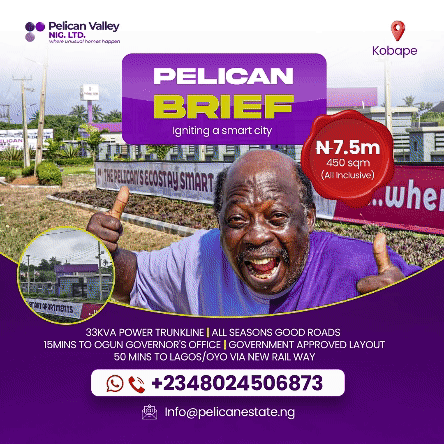“Banking the unbanked,” she declared confidently, pulling up Revolut’s sleek interface. “This is what we’re aiming for.” I tried not to sigh. Later that month, another founder pitched his vision to ‘revolutionize African education’ by essentially copying Coursera. Two meetings, same story: ambitious Nigerian entrepreneurs with billion-dollar dreams, using foreign solutions as blueprints for uniquely Nigerian problems.
Here’s the thing about copy-pasting global designs to solve local problems – it’s like trying to use a fork to drink tea. The intention is right, but the context? Dead on arrival. From fintech to edtech, we’re seeing a pattern of imagined solutions for real Nigerian problems, wrapped in foreign packaging that looks good but feels… off.
As Africa’s largest economy, Nigeria presents unique challenges that come with opportunities for digital innovators. That’s where I thrive – as a digital product designer connecting global standards with local user needs. What many miss is that traditional markets contribute to almost 50% of our GDP. There’s money in traditional markets; we just need to bridge them properly into the digital age.
The Digital Duality of Nigerian Life
During my field research, I’ve observed how Nigerians seamlessly switch between traditional and digital solutions. A business owner might use OPay or PalmPay for quick transactions but still visit bank branches for major deals. We shop online but prefer physical markets where we can bargain, touch products, and build relationships with vendors. We use WhatsApp daily but value face-to-face meetings for important discussions. No video call can replace real presence with family and friends.
Trust and Community
Trust isn’t just a feature in Nigeria – it’s the foundation. We’re communal people who rely heavily on recommendations from friends and family. User reviews are good, but “What did Aunty Bisi say about it?” carries more weight. There’s also this fascinating “my mates are…” mentality, where community opinions and social status significantly influence decisions.
The Infrastructure Reality
The daily question in many Nigerian homes remains: “How long has there been no light?” Digital solutions must work around power outages and internet connectivity issues. From the frustrating “No network, come back tomorrow” to “Oops, you’ve exhausted your data plan,” these aren’t just inconveniences – they shape how Nigerians interact with digital products.
What Actually Works
Some companies get it right. Local fintech applications like Paga and Paystack succeed because they understand Nigerian payment behaviors and trust mechanisms. They follow three core principles:
1. Keep it Local: Design for Nigerian users, from payment methods to language that respects cultural norms.
2. Build Community Trust: Enable recommendations and easy sharing of experiences. Word of mouth isn’t just marketing; it’s survival.
3. Design for Resilience: Create apps that work during slow internet, save data offline, and manage power constraints.
Looking Forward
Good design is good business, yet many Nigerian companies still treat design as an afterthought. The future of UX in Nigeria isn’t about impressing other designers with flashy interfaces – it’s about creating solutions that work for our market and genuinely solve local problems.
As our tech scene grows, we need designers who understand that success lies in balancing global standards with local realities. After all, what works in Silicon Valley may not work in Surulere, and that’s perfectly fine.
By Mubarak Babajide,
User Experience (UX) Designer, Passpoint
Do you have a story to share? Want to advertise with us? Or perhaps you need publicity for a product, service, or event?
Contact us:WhatsApp: +2348165713606 Email: nationalreports001@gmail.com
We'd love to hear from you!"





